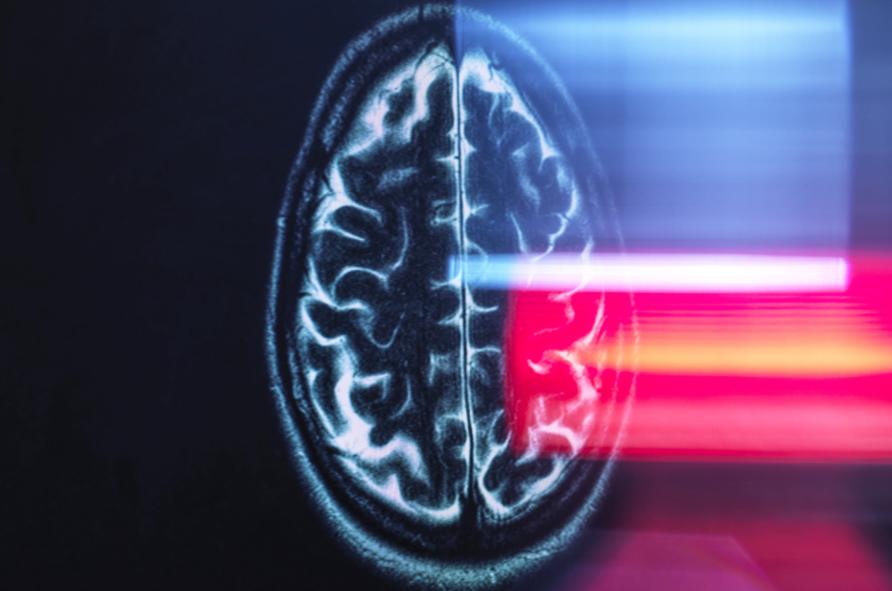
AI’s Evolving Role in Precision MedicineAI’s Evolving Role in Precision Medicine Artificial Intelligence (AI) has emerged as a transformative force in healthcare, revolutionizing the field of precision medicine. Precision medicine, also known as personalized medicine, aims to tailor medical treatments to the individual characteristics of each patient. By leveraging vast amounts of data and advanced algorithms, AI is enabling significant advancements in precision medicine, from disease diagnostics to treatment optimization. Enhanced Disease Detection and Diagnosis: AI can analyze large datasets of patient data, including medical records, genomic information, and imaging scans, to identify patterns and detect diseases earlier and more accurately. Machine learning algorithms can classify diseases based on subtle variations in these data, providing clinicians with valuable insights and facilitating timely interventions. Personalized Treatment Planning: Precision medicine focuses on treating patients based on their unique genetic makeup, disease profile, and lifestyle factors. AI can assist clinicians in selecting the most effective treatments for each individual. By analyzing patient data, AI can predict the likelihood of response to specific drugs and identify patients who may benefit from targeted therapies. Precision Dosing: AI can optimize drug dosing regimens by tailoring them to the individual patient’s metabolism, age, and other factors. This precision dosing approach can enhance treatment efficacy, reduce side effects, and improve patient outcomes. Real-Time Monitoring and Intervention: AI-powered devices and sensors can continuously monitor patient health parameters, such as heart rate, blood glucose levels, and activity levels. This real-time data can be used to detect early warning signs of potential health issues and trigger timely interventions, improving patient outcomes. Population Health Management: AI can analyze population-level data to identify risk factors for chronic diseases and develop targeted preventive strategies. By predicting disease risk and identifying high-risk individuals, AI can enable healthcare systems to focus interventions on those most in need, maximizing healthcare resources and improving population health outcomes. Challenges and Future Directions: While AI has made significant strides in precision medicine, challenges remain. Data privacy and security concerns must be addressed, and AI algorithms need continuous refinement to ensure accuracy and reliability. Additionally, the integration of AI into clinical workflows and the education of healthcare professionals on AI applications are critical for successful implementation. As the field of precision medicine continues to evolve, AI is expected to play an increasingly prominent role. By harnessing the power of data and advanced algorithms, AI will empower clinicians to deliver personalized and effective treatments that improve patient outcomes and advance the future of healthcare.
Posted inNews